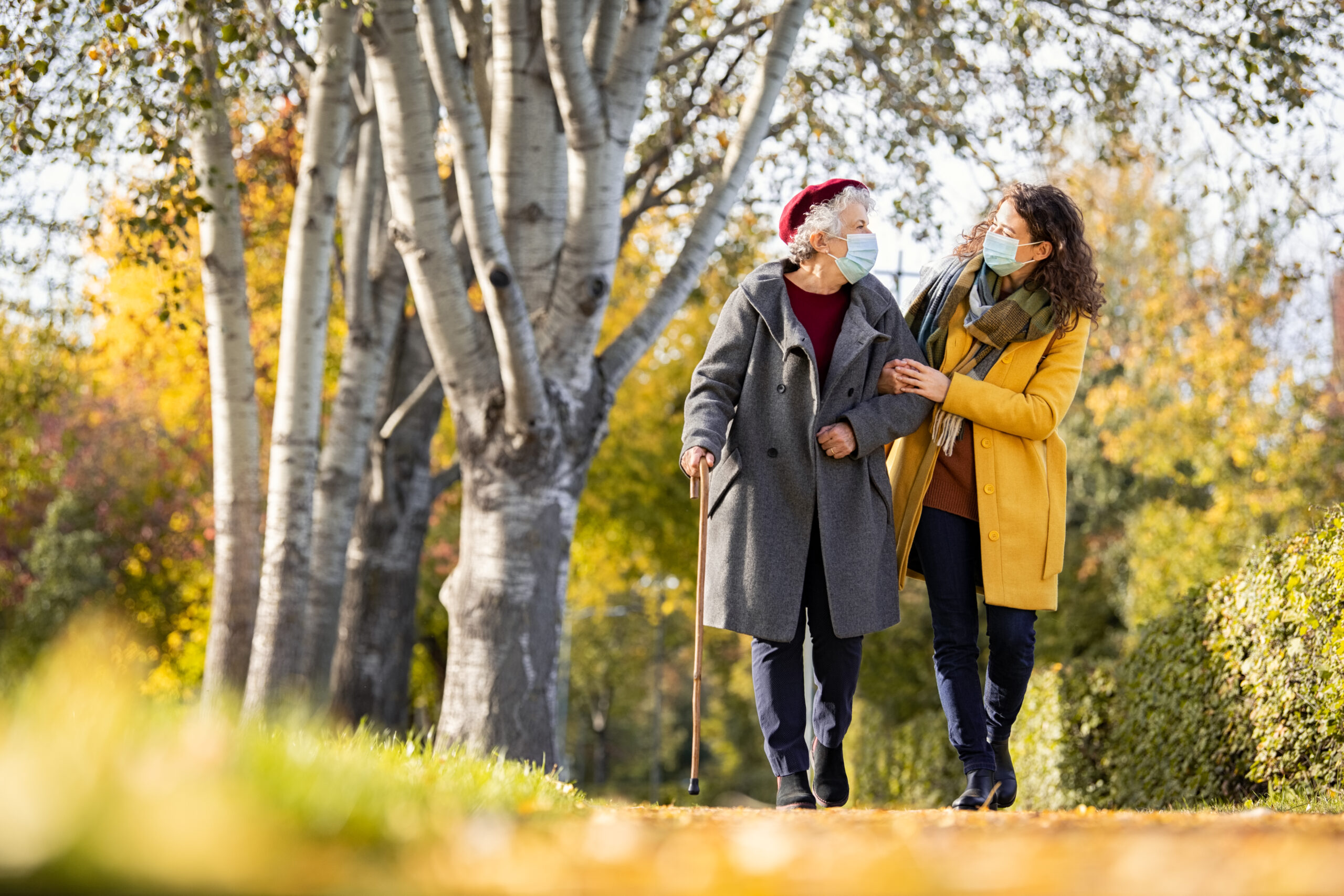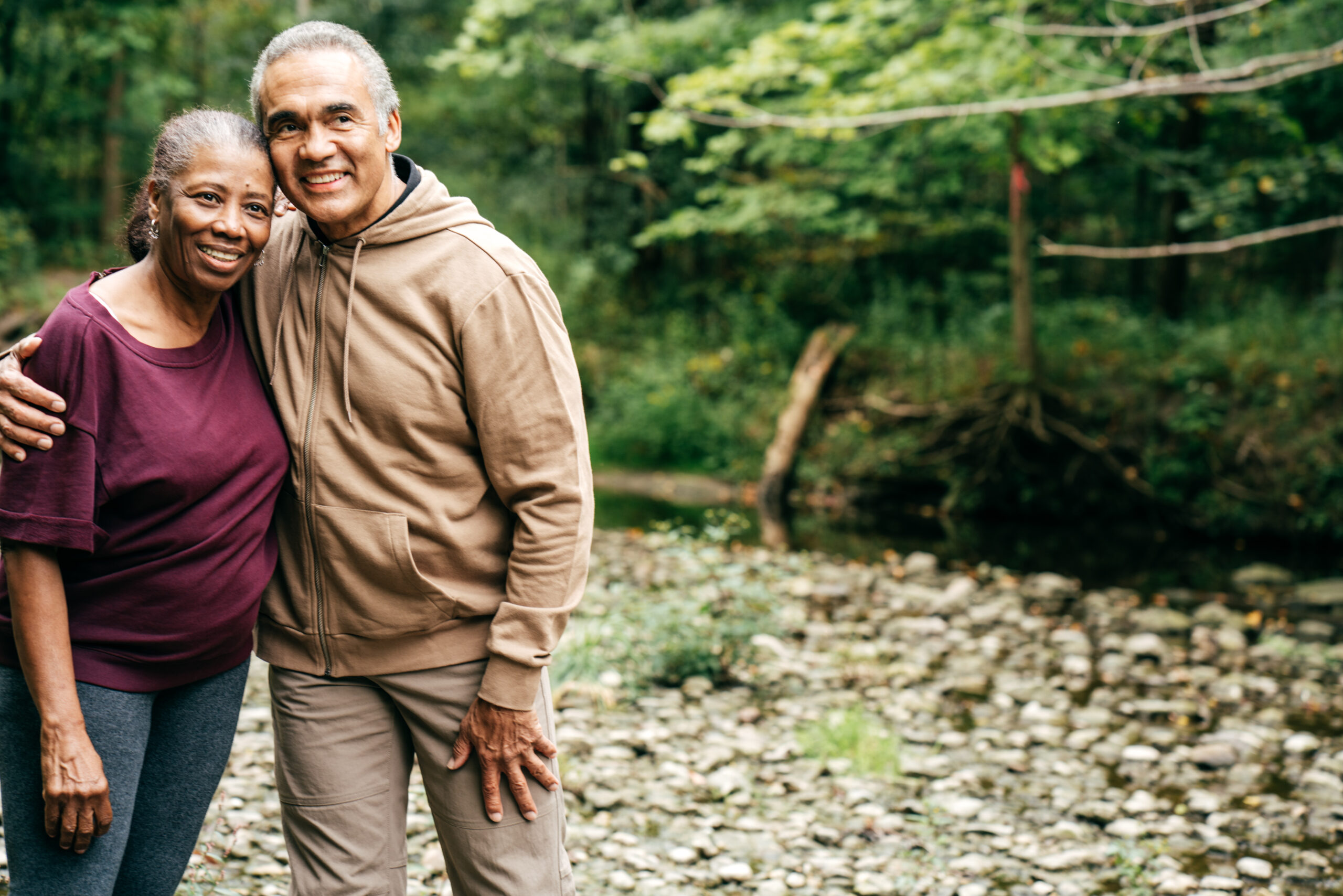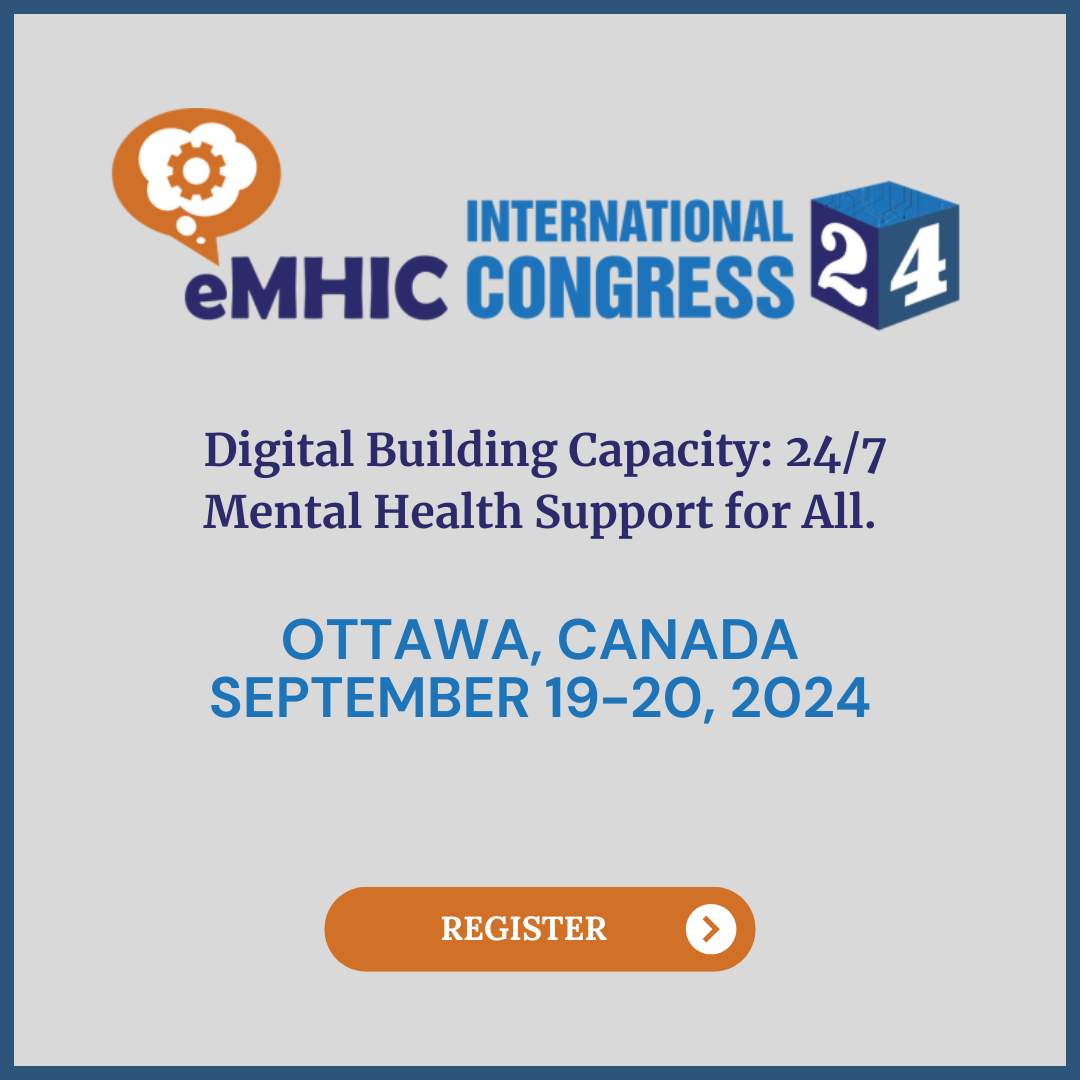If you are in distress, you can call or text 988 at any time. If it is an emergency, call 9-1-1 or go to your local emergency department.
How older adults can protect their mental wellness during COVID-19
No one is immune to the psychological toll of COVID-19-related restrictions. For older adults, however, the heightened fear of contracting the virus, a sudden decrease in connectivity, or the loss of outside support can make their situation more difficult. To help self-isolating seniors who are at home during the pandemic, the Mental Health Commission of Canada (MHCC) asked Dr. Keri-Leigh Cassidy, professor of psychiatry at Dalhousie University and founder of the Fountain of Health optimal aging initiative, to share some practical advice on how to deal with the challenges of COVID-19. 1. Focus on what you can control 2. Get creative about connecting 3. Be open to technology 4. Limit your exposure to the news
Turn your attention to the things you have control over, such as self-care. To help stay on track, try structuring your day by writing a checklist with things like physical activity, nutritious meals, and meaningful hobbies. Checking off each item as you complete it will help you feel productive and boost your mood. Focusing on areas within your control can also reduce stress and improve long-term resilience. To learn more about self-care and other helpful resources, visit Fountain of Health.
Social connection looks different these days, but it’s as important as ever for bolstering mental wellness. While phone calls are a great way to stay in touch with friends and family, they aren’t the only way to connect from a distance. Consider exchanging letters, going for a (safely spaced) walk together, or doing a drive-by visit to catch up with loved ones. You can also explore video-chat options or virtual book clubs to stay in touch.
Unfamiliar technology can be intimidating, but it’s never too late to learn something new. In addition to communication, technology can be used for entertainment, learning, and accessing helpful resources. Examples include:
While it’s natural to want to stay informed during a crisis, too much news can increase stress and make it more difficult to focus on what you have control over. Try to limit your news intake to 30 minutes per day and avoid consuming it close to bedtime. When you do seek out the news, choose sources with care and be wary of low-value imagery and sensationalistic language.
SHARE THIS PAGE
RELATED


